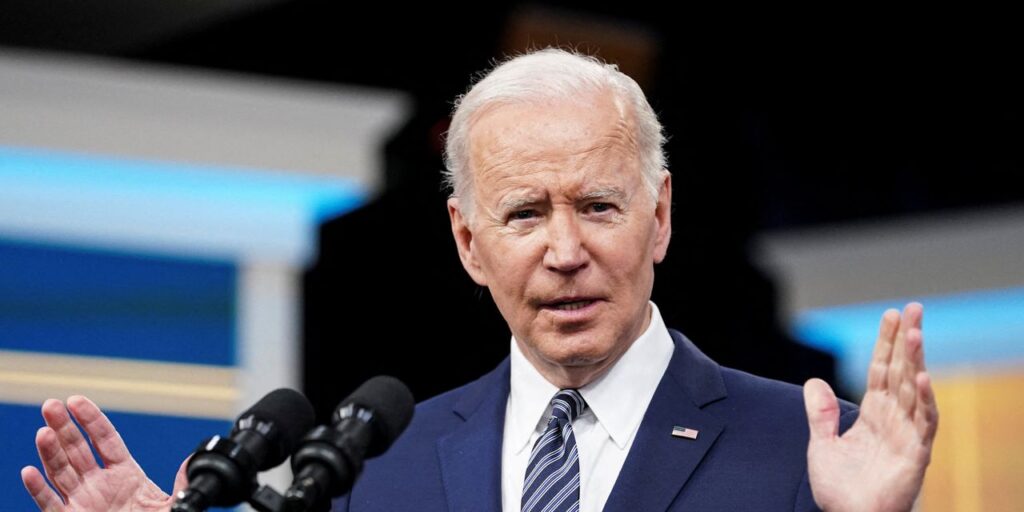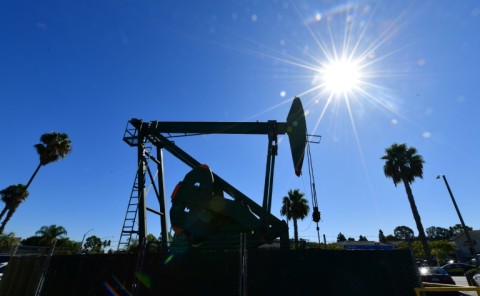Matthew Smith
Matthew Smith is Oilprice.com’s Latin-America correspondent. Matthew is a veteran investor and investment management professional. He obtained a Master of Law degree and is currently located…
More Info
Premium Content
By Matthew Smith – Sep 09, 2025, 5:00 PM CDT
Colombia is facing a severe fiscal crisis with a ballooning budget deficit, leading the Petro administration to consider further tax increases on the oil industry.
Previous tax hikes and regulatory changes imposed since late-2022 have already deterred foreign investment and caused major oil companies to exit Colombia, impacting the industry’s profitability and production.
The proposed new tax reform bill aims to raise significant revenue by increasing taxes and levies on fossil fuel extraction and sales, which could further accelerate the decline of Colombia’s economically vital oil sector.
It has been a tough decade for Colombia’s economically vital oil industry. The late-2014 oil price crash and the COVID-19 pandemic did immeasurable damage to the Andean country’s oil patch. Significant regulatory changes and tax hikes for the oil industry imposed by President Petro after taking office in late 2022 are weighing on operations. This is not only deterring foreign energy investment but also causing Big Oil to bail on Colombia . After plundering oil profits since 2022, President Petro is seeking to place additional taxes on the oil patch as he battles a massive fiscal shortfall and ballooning budget deficit. This will accelerate the decline of Colombia’s oil industry , which during its heyday, a decade ago, was pumping over one million barrels per day.
Colombia’s budget deficit has blown out dramatically over the last decade. In 2020, at the height of the COVID-19 pandemic, the deficit reached an eye-watering 7.8% of gross domestic product (GDP) , the largest recorded fiscal shortfall of modern times. In response, then-President Ivan Duque suspended Colombia’s fiscal rule for two years. He then jacked up spending to stimulate the economy and facilitate Colombia’s recovery from the damage caused by one of the world’s longest lockdowns. By 2023, the deficit had moderated to 4.2% of GDP as economic growth strengthened and Colombia benefited from earlier fiscal reforms as well as tax hikes.
Since then, Bogota has found itself facing yet another fiscal crisis. By 2024, the deficit had blown out to a worrying 6.7% of GDP. Increased expenditures and a sharp decline in tax and other fiscal revenue primarily drive this. Falling fiscal revenue, which central bank data shows by June 2025 had plunged 26% compared to a month earlier and was a whopping 34% lower than two years earlier, is sharply impacting Colombia’s budget. Despite worsening public finances, the Petro administration refuses to curb expenditures, while rising conflict in rural regions, predominantly driven by higher cocaine production , is forcing Bogota to bolster spending on security.
On taking office during August 2022, President Petro focused on implementing an ambitious but costly agenda aimed at reducing poverty while boosting security. To generate the required funding for his ambitious social programs, President Petro levied additional taxes on Colombia’s oil industry, which were signed into law in November 2022. A 5% surcharge was imposed on oil sales when the international Brent price was between $67.30 and $75 per barrel. The surcharge then increased to 10% when prices hit $75 to $82.20 per barrel and rose to 15% for over $82.20 per barrel. Those tax hikes did not raise the revenue Bogota anticipated, which was required to balance the budget, particularly with oil prices collapsing at the start of 2025. By the start of April 2025, Brent had plunged to below the $67.30 per barrel mark, hitting a low of around $60 per barrel a month later.
Those additional taxes sharply impacted Colombia’s energy patch. Peak industry body the Colombian Oil and Gas Association (ACP) argued against the surcharge, claiming it would cripple a domestic petroleum industry struggling with its worst downturn in decades. Indeed, the industry body went on to assert that President Petro’s tax hikes would create an effective tax rate of 55% for oil companies, making Colombia an unprofitable country for upstream oil producers. For these reasons, Big Oil is abandoning Colombia , opting instead to invest in other countries in South America, such as Guyana, which are more profitable and stable .
As fiscal pressures grew at the start of 2025, with Bogota needing $721 million of additional revenue, President Petro’s administration imposed a temporary 1% tax on fossil fuel exports, impacting oil and coal production. While the levy was originally introduced for a fixed period of 90 days, it was extended to the end of 2025, further negatively affecting the profitability of petroleum extraction in Colombia at a time when drillers were facing considerable headwinds. According to Bogota, the surcharge was introduced to cover increased security costs, with Colombia experiencing some of the worst violence in years, notably in the Catatumbo region near the border with Venezuela.
The latest tax reform bill presented by the Petro administration to Congress at the start of September 2025 aims to raise $6.54 billion. The bill proposes doing this by hiking taxes levied on fossil fuel extraction and sales. There is a proposition to increase the value-added tax (VAT) applied to petroleum products sold in Colombia. It is also proposed to place a 1% levy on all oil and coal exports. These will increase the cost of doing business in Colombia for oil companies, further impacting profitability at a challenging time for the Andean country’s beaten-down hydrocarbon sector. Colombia’s oil patch is still struggling to recover from the pandemic and sharply weaker oil prices.
Production is stuck in a death spiral . For July 2025, Colombia pumped 746,249 barrels of crude oil and 797 million cubic feet of natural gas per day. This is well below the one million barrels of oil and one billion cubic feet of natural gas reported for the same period during 2015. The latest developments point to further declines in Colombia’s hydrocarbon output due to falling foreign energy investment. Indeed, Argentina recently overtook Colombia to become Latin America’s fourth-largest oil producer , relinquishing the North Andean country to fifth place.
It is difficult to predict whether additional taxes will be imposed on drillers operating in the strife-torn nation. President Petro is facing a high disapproval rating and considerable opposition in Congress, particularly from political opponents on the right. There is considerable speculation that President Petro lacks sufficient political capital to enact any reforms, making him a lame duck president, while state institutions are increasingly resisting his attempts to change government policy and laws dramatically.
Colombia’s highest tribunal, the Constitutional Court, in late 2023 struck down President Petro’s attempt to remove royalty payments as deductions against taxable income for oil companies. This removed a sizable portion of Bogota’s planned revenue, further compounding revenue shortfalls. The ruling did, however, demonstrate the strength and independence of Colombia’s state institutions. Regardless, it is clear that President Petro views the economically vital oil industry as a source of funds to be tapped whenever financial headwinds arise. This makes Colombia a less attractive destination for foreign energy investors, especially at a time of heightened uncertainty, chaos and risk in the conflict-torn country.
By Matthew Smith for Oilprice.com
More Top Reads From Oilprice.com
Saudi Arabia Cuts Asia Oil Prices Will Trump’s Gunboat Diplomacy Against Venezuela Backfire? How Conflict and Piracy Endanger Global Oil and Gas Transit
Download The Free Oilprice App Today
Back to homepage
Matthew Smith
Matthew Smith is Oilprice.com’s Latin-America correspondent. Matthew is a veteran investor and investment management professional. He obtained a Master of Law degree and is currently located…
More Info
Related posts
Leave a comment
https://oilprice.com/Energy/Crude-Oil/Oil-Companies-Grapple-with-Rising-Taxes-in-Colombia.html




